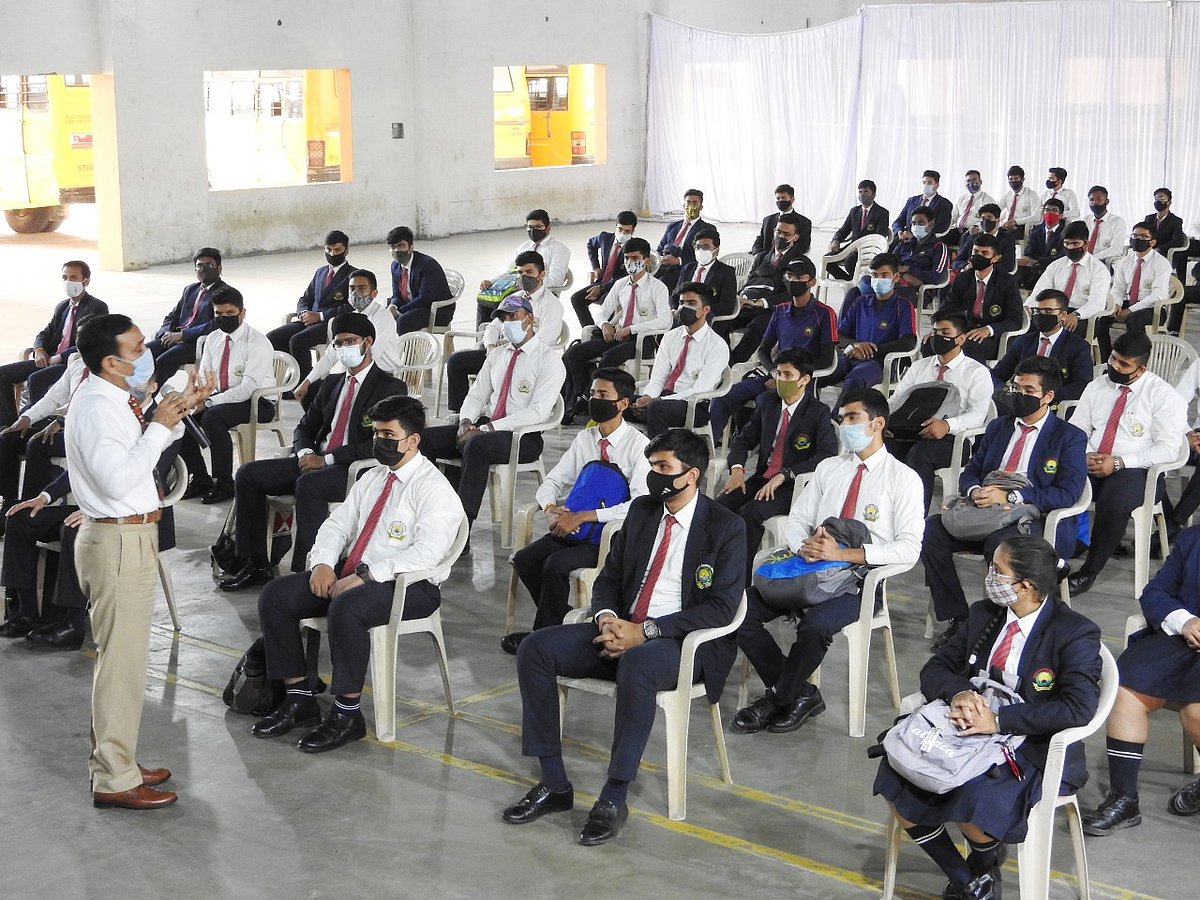Indore
Antimicrobial Resistance (AMR) is responsible for seven million deaths worldwide annually. AMR could lead to approximately 10 million lives annually by 2050, at a cumulative global economic cost of 100 trillion USD. Citing this and explaining that AMR is one of the top ten global public health threats for humanity, as noted in World Health Organisation, educationist Dr DC Sharma addressed school students during World Antimicrobial Awareness Week (WAAW).
He addressed various groups of school students of private schools in the city.
“Drug resistant diseases and superbugs are common terms for today’s world. The emergence of superbugs are a major concern and the answer lies in emerging AMR,” Sharma said.
He added that AMR is one of the major threats to Sustainable Development Goals. “While posing a risk to biodiversity, it is also a major threat for ecosystems, economies and for our physical well being and survival, Sharma said, quoting from Ghana Declaration: Call to Action on AMR 19- 20 November."
“Microbes are not usually harmful to humans and often support various metabolic processes, but a few are harmful to humans, animals and plants which cause various diseases and become pathogenic, especially bacteria,” Sharma said.
He added that when humans, animals and plants are attacked by pathogenic microorganisms their infection is controlled by the use of antibiotics. Sharma explained the following:
Antimicrobial or antibiotic resistance
Antimicrobial and antibiotic resistance are entirely different and should not be confused as being similar. Anti-Microbial Resistance is a broader term that includes a broader range of chemicals that acts on various types of microbes like Bacteria (Typhoid, Tuber Culosis, E Coli) Fungi Drug resistant Candia auris, Protozoans (Malaria Plasmodium falciparum), viruses (influenza, conjunctivitis, HIVDR), corona etc.
What is required to be done
We have to find out appropriate tools and technology to protect humanity from increasing AMR. Antimicrobial Stewardship Programme (ASP) is very effective programme.
Antimicrobial stewardship Programme (ASP) is a collaborative, pharmacy driven, infection and syndrome specific programme to promote the appropriate use of antimicrobial chemicals especially antibiotics for better health care.
It coordinates between clinical, medical and health care epidemiologists. It also checks or reduces the communication of infections caused by multidrug-resistant organisms.







.jpg)

